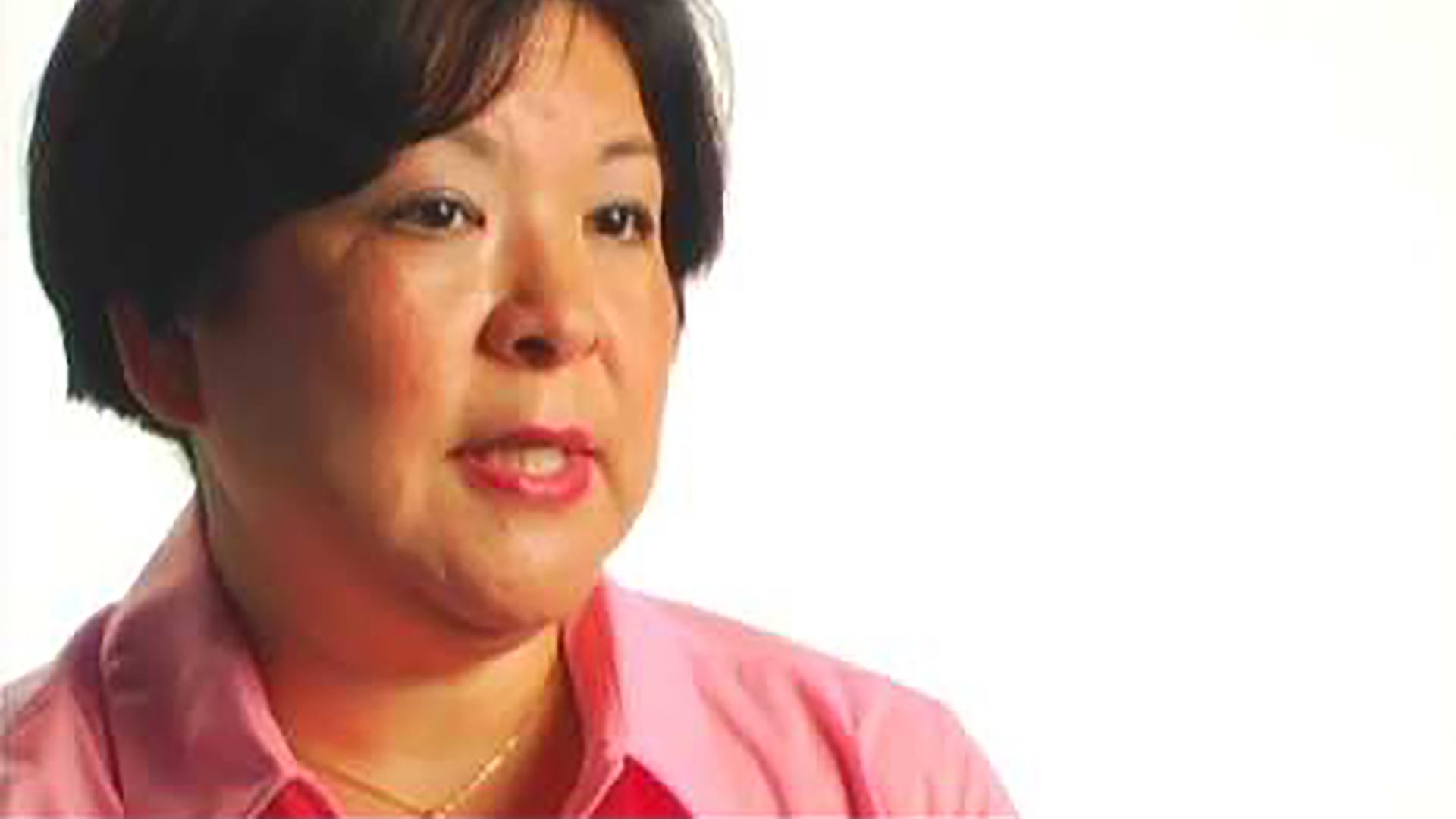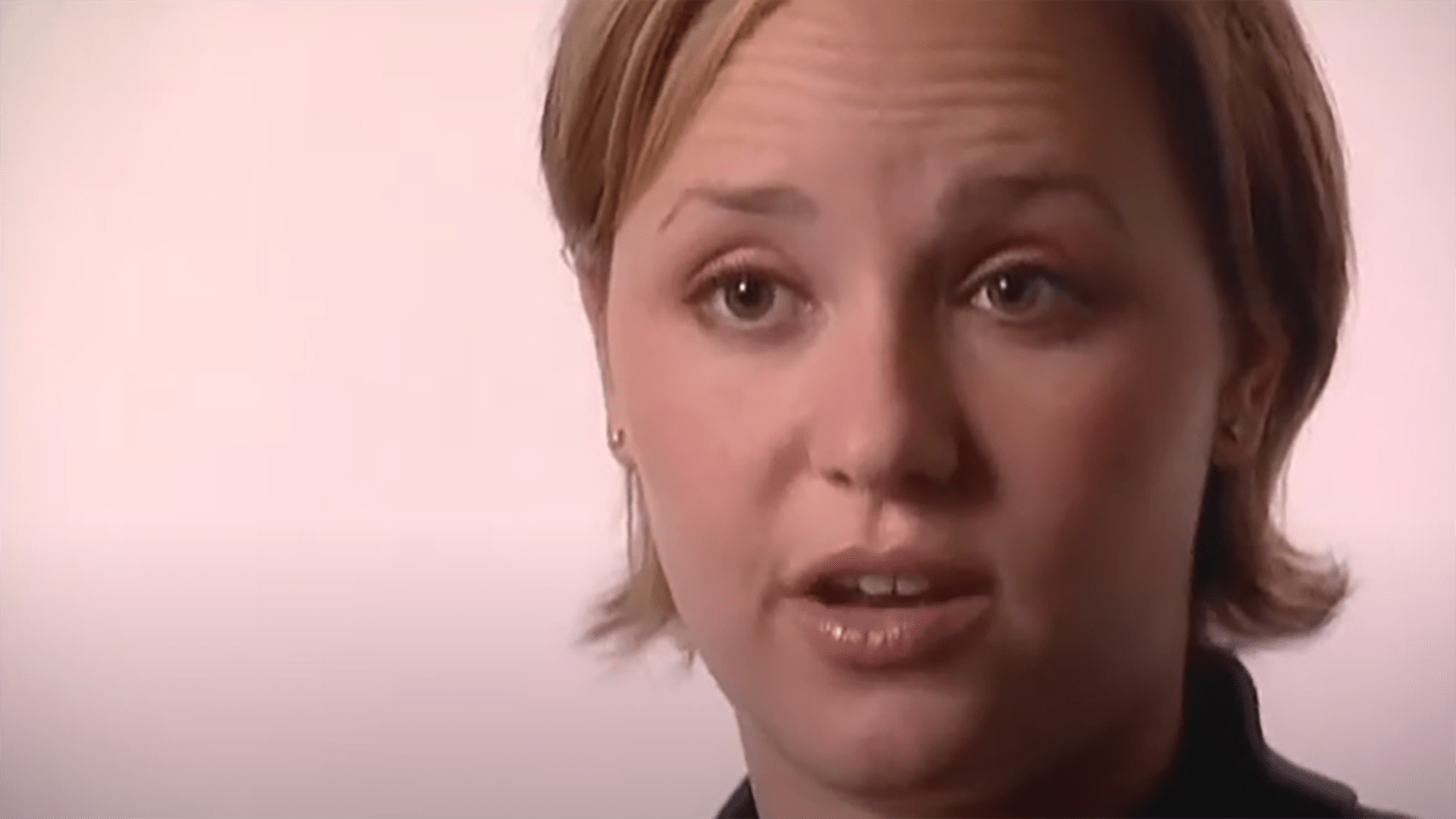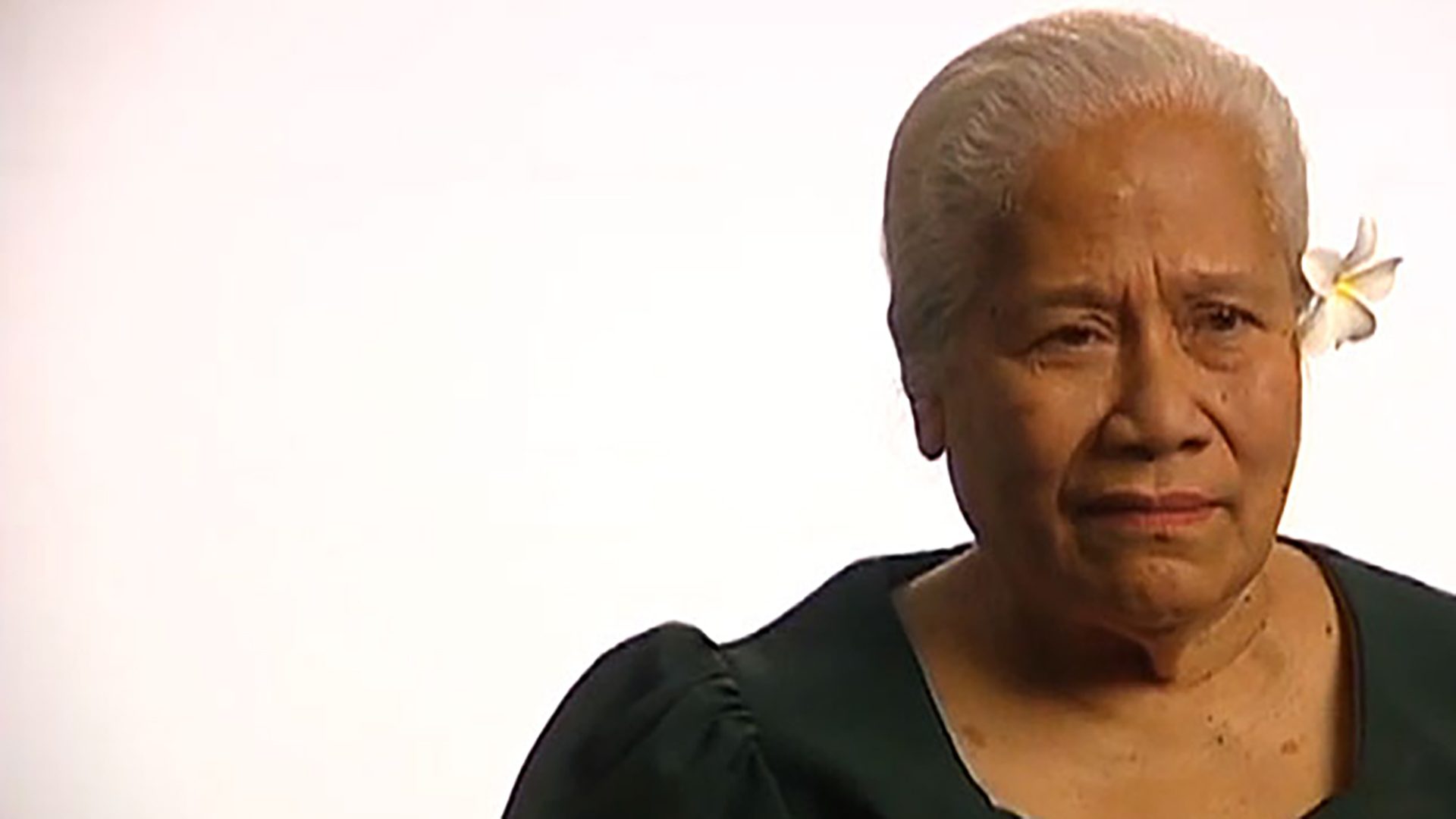Survivor Interview – Shirley S.
Shirley is a colon cancer survivor. She discusses her experience with an ileostomy, the relationship with her family, and returning to work after treatment.

I became a colon cancer survivor in June 2002.
I was having abdominal cramps and bloody stools. I went to the doctor’s office, and they thought it was hemorrhoids. So they gave me medicine. I went back home and the symptoms subsided a little bit, but then they came back. I was having fevers, too, the second time around. I went back, and they just gave me more medicine and sent me home. When I went back to work and the symptoms were not subsiding, I noticed the blood was getting more frank. I went to see a doctor and my lab results were abnormal. A couple of weeks after, I had a colonoscopy done. It turned out that the colonoscopy scope couldn’t go through. There was a mass, and it went through my lymph nodes. So they asked me, “Do you want to think about it for a while, or do you want to have surgery?” So I said, “I want the surgery.” I had surgery that night, and I had chemo for three months. A year later, I had a recurrence at the same area. So then I had to have chemotherapy and radiation, and then I had another surgery. A year after that, I’m fine.
The doctors gave me a two percent chance, and I was very upset. But then I decided to be my own advocate. I didn’t depend on that one doctor or that second doctor. I went to other doctors for other opinions until I got the one that I was satisfied with. The last surgeon that did my surgery, I mentioned the two percent chance to her, and she told me, “That’s just a statistic. It’s based on an individual.” So I went to her. I think a lot of times when you’re vulnerable, you tend to depend on that one physician for everything, but it’s nice to know that you have other choices. And to seek other opinions is very important.
When I had the first chemo, it was a trial drug called oxaliplatin. I feel a clinical trial is beneficial because of the fact that if you’re on a regular regimen of chemo, they don’t seem to monitor you as closely. If you’re on a clinical trial, they check up on you every week, and you’re more closely monitored as far as how well the drug is working. I’ve gotten to know the clinical nurse very well, and she was very, very caring. Unfortunately, one of the symptoms of oxaliplatin was neuropathy, a tingling sensation of my fingers and my toes. I still have that on occasion, since I work in the medical field and there are a lot of IVs going on. Just the sound of it makes me nauseous.
For the second surgery that I had, my physician wanted to put an ileostomy bag on because I was gonna have chemo. Because of the side effects, she thought it’d be better if I had one on temporarily. The ileostomy is basically where the colon is. They take part of it out, and then they put the bag in, so whatever is in there dumps in the bag. For me, it was inconvenient, because I felt self-conscious. I was aware that I had that bag and wondering, “Oh, is it gonna spill over?” Sometimes it detaches itself when you’re not careful and spillage occurs, and that’s embarrassing. It makes noises sometimes, which is embarrassing. I had to take extra time in the morning or whenever I took a shower, because I had to change it and put a new one on. It was very uncomfortable for me. I wanted to do certain activities that I couldn’t do, because I was afraid that it might burst. After a year of having that and after my chemo and radiation was done, she reversed it.
My colon is shorter, so I go like 5 to 12 times a day. I’m very careful. The doctors recommended me to take Metamucil just because it soaks up a lot of the water, and it makes the frequency less. It was recommended to me to eat more vegetables, more fruits, and fibrous foods, because I was used to eating a lot of carbohydrates and a lot of sweets. I was told that cancer cells love sweet things. So I’ve been trying to stay away from that. But it’s hard sometimes.
I’m trying to do more exercise. Because of the bag, I felt like I was limited, but now I’m gonna be running in the marathon in December. I’m training for that. I went skydiving a couple weeks ago. I’ve been trying to be very active as far as physical activity. I feel like life is worth living. I should be doing things because I’ve been given a second chance to live. So I want to make the best of it and do as much as I can.
Infertility has come up because the second surgery that I had was very close to my uterus. My cancer was near the uterus, so they decided to give me a total hysterectomy. So I’ve been dealing with a lot of female problems, too. Since I’m not really getting a lot of estrogen, hair growth is minimal. When I shave my legs, before it would normally take maybe a week to come back, but now it takes a month. I guess that’s not a bad thing.
Most of the time, I was trying to keep a positive outlook, but especially when I was going through chemo. It was very frustrating, because I felt that it was just me in a pool of water. The nurses are around, but I felt that there was no sympathy. I felt very alone, especially during chemo. One of the things that helped me was going to The Wellness Community. Their support groups have helped me tremendously as far as giving me hope, giving me confidence, giving me a voice of my own, instead of being submissive in my care. I was able to be more of an advocate for myself. That was a tremendous help for me, because it gave me more control of myself and my situation.
Whenever I went to the doctor’s office, I prepared questions for myself. Sometimes there would be two pages. I made sure that I asked every one of those questions and made sure that I understood every question. One of the people from my support group came with me to the doctor’s office, so I could have a second ear, just in case I missed something. I also taped it. So when I went home, I could review everything and have family members or friends also hear it to see what they thought, if I missed anything.
My family was very supportive. I had a friend that stayed with me in the hospital during my two surgeries, and that was very helpful to me. I didn’t realize so many people cared about me. In my culture, it seems that we don’t talk about a lot of things, especially my family. We’re very quiet. I’m always upbeat in front of my parents, because that makes them feel good. I don’t want them to worry. So I try to keep upbeat and a positive attitude. But it’s hard. We don’t talk about what we feel about things. I mention my involvement in the cancer community to them, and I think they’re proud of me, but they don’t say it. I’ve accepted it.
I definitely try to tell people what I went through and that I am a cancer survivor, just to show people that there’s not a downfall. There’s always hope and something to look forward to. Cancer doesn’t always have to be a death sentence like people say. With your attitude and the support and emotional help that you could get, you can beat it. You can be a survivor for many years. That’s what I’m planning to do, because I’ve been given a second chance. I consider myself a medical miracle, because the doctors gave me a two percent chance of survival.
It was nice to go back to work, because I felt like I had a purpose. I was able to feel more productive going back to work. The only thing that I was apprehensive about was dealing with a lot of patients. A lot of infections are in the air, and because I was going through chemotherapy, my resistance was a little low. I did request from my managers that they put me in an area that’s not as infectious. They were able to do that, and I was very thankful for that. But it was nice to go back to work and see everybody. It’s nice to know nothing’s changed. It’s like I never left.
I have a good outlook on my future. I want to do as much as I can. Sometimes people think, “I want to do this, and I want to do that,” but they don’t do it. I want to change my life to say, “I’m gonna do it,” instead of saying, “Well, maybe someday.”
Livestrong means survival and hope. I think of Lance and his battles, and I think of his inspiration to others. When I look at that man, that’s what I see.
My name is Shirley Shinohara, and I’m a two-year colon cancer survivor.

